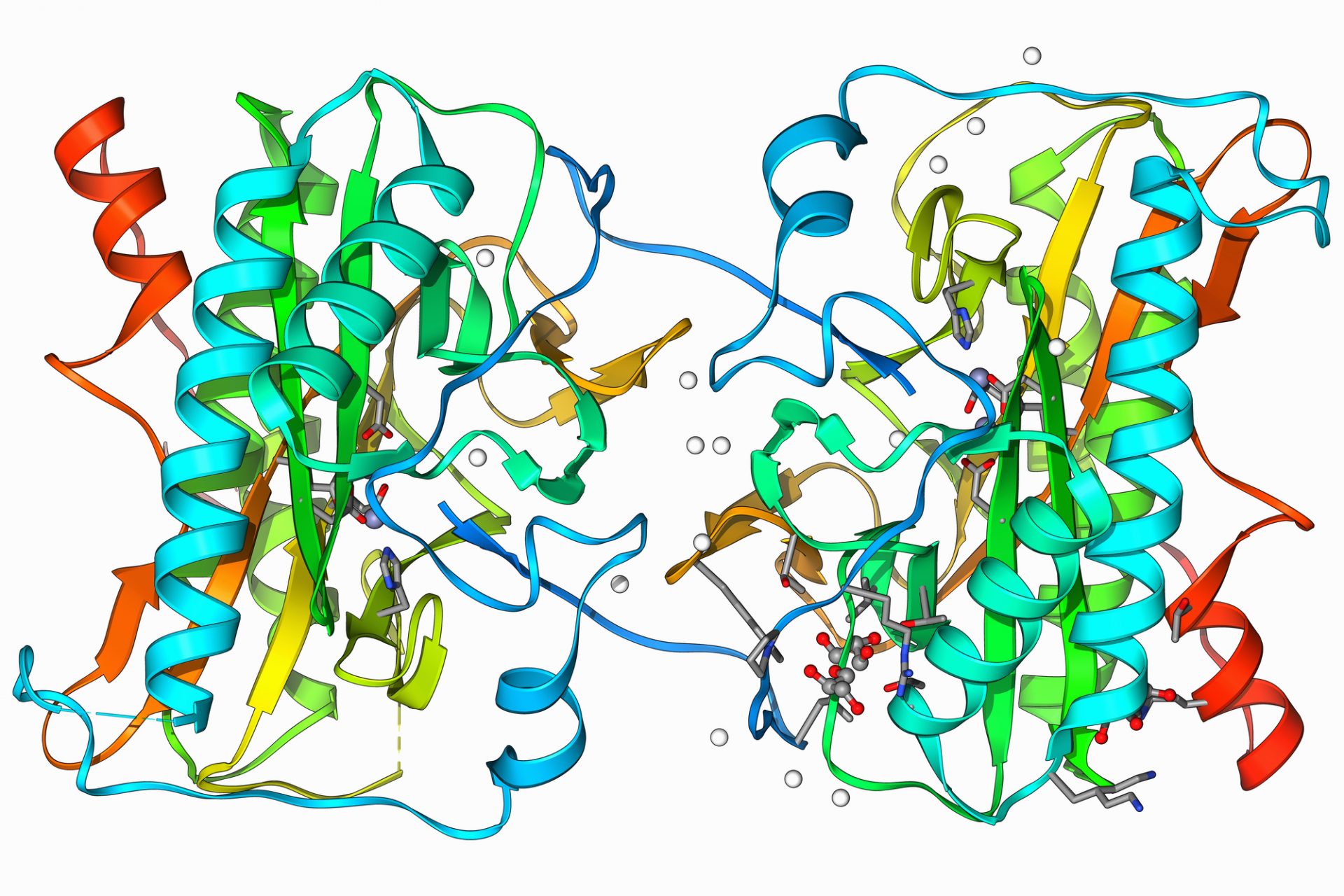Air pollution is increasing your risk of developing dementia
One of the most concerning scientific findings of 2023 discovered that the air you're breathing right now could be increasing your risk of developing dementia later in life
Scientists have known for quite a while that air pollution isn’t healthy for those breathing it in and the World Health Organization has linked pollution to a range of health issues.
Conditions like stroke, pneumonia, cataracts, lung cancer, as well as a host of different heart and pulmonary diseases have been strongly associated with air pollution levels.
However, breathing in air pollution might also increase your risk of developing dementia and you don’t need to be breathing in a lot of gunk for it to have an effect on your brain.
Low concentrations of air pollution have been known to lead to poorer health outcomes according to a press release on the research, but it hadn’t been connected to dementia.
This is why a group of global researchers from Karolinska Institutet, Danderyd Hospital, and Oxford University decided to investigate how air pollution affected the brain in 2023—and what they found was worrying.
The researchers followed 2500 dementia-free participants with an average age of 73 for upwards of 12 years, calculating the average levels of fine particulate pollution (PM2.5) at their home addresses before the study began.
PM2.5 is a type of fine particulate air pollution and it is also the most deadly form of air pollution according to McGill University. It is responsible for the premature deaths of an estimated 4.2 million people annually and half the world’s population has no protection.
Researchers found that very small increases in PM2.5 increased the risk of dementia by 70% and the study’s first author Giulia Grande—a researcher from the Karolinska Institutet said: “There is a significant indirect effect of air pollution on dementia.”
Interestingly, Grande and her other researchers looked at levels of the B-related amino acids homocysteine and methionine in their participants at the beginning of the study and discovered later that they were partially responsible for increased dementia risks.
"These amino acids played a role in increasing or decreasing the risk of dementia caused by air pollution," explained Debora Rizzuto, a senior researcher at Karolinska Institutet and co-author of the study.
Photo Credit: Twitter @debora_rizzuto
"This suggests that air pollution affects the development of dementia in several ways," Rizzuto added. But what did the researchers learn about these amino acids?
It seems homocysteine and methionine were partly responsible for increasing the risk of developing dementia in some participants because of the way air pollution interacted with the amino acids in the body according to the press release on the research.
The researchers noted in their study that homocysteine only played a role in the risk of developing dementia who developed cardiovascular disease while methionine affected dementia risks independent of the presence of cardiovascular disease.
Unfortunately, there is still a lot of work that needs to be done to better understand how air pollution can lead to dementia and the new research shows there is a link and that we need to worry about how what we’re breathing in affects our long-term brain health.
"There is still a long way to go, but our results suggest that several pathways are in place to determine dementia risk linked to air pollution and this underlines the need for further research into the exact biological mechanism," Grande explained.
More for you
Top Stories





























